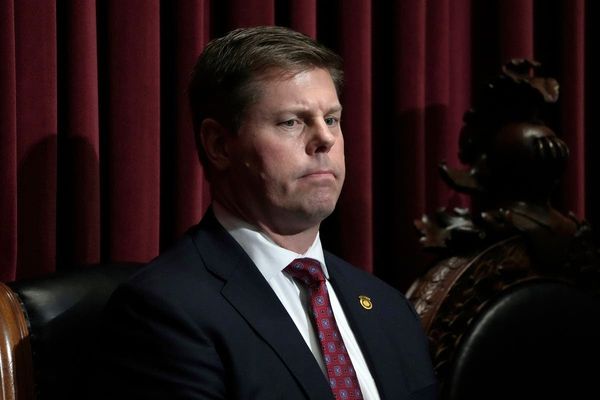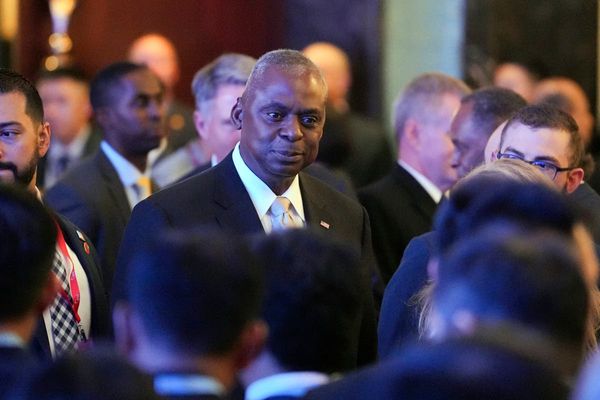
Postponing action and taking a slower route to net zero emissions by 2050 will worsen the climate crisis even if the goal is still reached by that date, the new chair of the Intergovernmental Panel on Climate Change (IPCC) has warned.
Prof Jim Skea also said that approving new oil and gas fields only increased the already large amount of reserves that will have to be kept in the ground if global heating limits are to be reached.
The IPCC is the world’s foremost authority on climate change, under which thousands of the world’s best experts give advice to the 195 nations that founded the body. It does not comment on the climate policies of individual nations, but Skea’s comments on Monday clearly indicate that the recent actions of the UK government has slowed climate action, despite IPCC scientists warning of “a rapidly closing window of opportunity to secure a livable and sustainable future for all”.
Rishi Sunak weakened or abolished a number of green measures recently, including pushing back a ban on the sale of new petrol cars from 2030 to 2035. The UK also approved the exploitation of the large Rosebank oil field near Shetland on Wednesday.
Asked about these changes, Skea said: “We don’t comment on individual country’s policies, but, obviously, the more [oil and gas] you add to the reserves, the greater the percentage you would need to leave in the ground to stay within carbon budgets.”
“The conclusion [of the IPCC’s 2022 report] was that to limit warming to 2C [above pre-industrial levels], 30% of oil, 50% of gas reserves and 80% of current coal reserves would need to remain in the ground,” he said. To keep below 1.5C and avoid the worst climate impacts, 60% of oil and gas and 90% of coal reserves need to remain unburned, according to a 2021 report.
Postponing climate action leads to bigger increases in global temperature rise, Skea said: “What determines global warming is not the timing of net zero, but the pathway by which you get there. It is the cumulative emissions of carbon dioxide over time that are the main factor.
“The longer you put off action, the greater will be the cumulative CO2 emissions that have gone into the atmosphere, and therefore the higher the level of the warming. That’s the global point.”
“Every fraction of a degree matters”, Skea said, emphasising both “urgency and agency” in terms of climate action. “The situation we are in is urgent, we are in dire circumstances. But we can also do something about it if we choose to do so.”
Sunak’s decisions were widely criticised by businesses that need stable policies in order to invest in green technologies, scientists and campaign groups.
The prime minister said the changes would save households money, but this has been rejected by scientists and consumer groups. Prof Joeri Rogelj, director of research at the Grantham Institute for climate change at Imperial College London, said on Friday that the “abrupt rollback” was “the opposite of visionary [and] looks set to disappoint citizens, businesses and the world”.
Analysis from Carbon Brief concluded that Sunak’s actions “will undoubtedly throw the UK even further off course from its legally binding emissions targets” and some changes, such as scrapping minimum energy efficiency standards in privately rented properties, “will cost consumers billions” in higher energy bills.
The IPCC is beginning its new six-year cycle of reports, which will include a special report on cities and the climate crisis. Skea said it would also seek to address gaps in understanding of the impacts of overshooting the 1.5C and then reducing global temperature by removing CO2 from the atmosphere. How this would affect the losses and damage suffered by populations will be examined, as will the consequences on the natural world.







